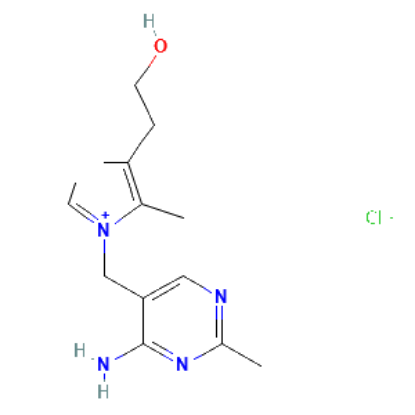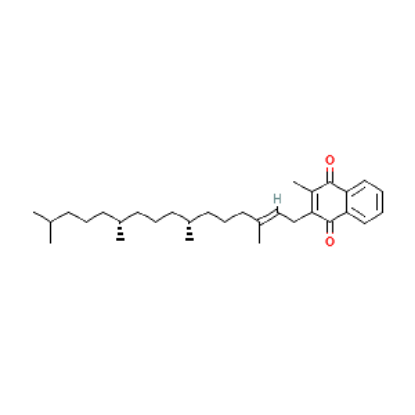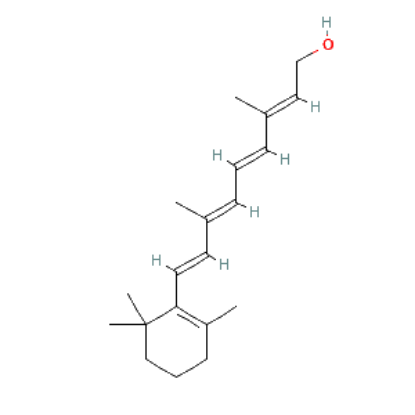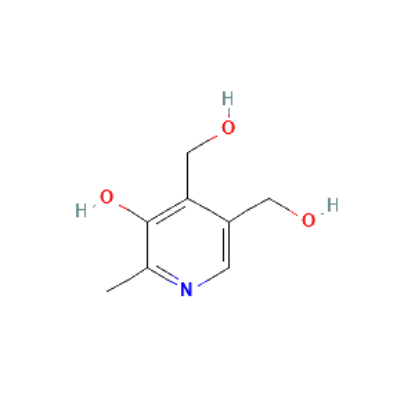Vitamins
Vitamin D3
Vitamin D3, or cholecalciferol, is a type of vitamin D primarily produced through exposure to sunlight and is also found in some plant and animal-based foods. Vitamin D3 regulates the absorption of calcium and phosphorus in the body, playing a crucial role in maintaining the health of bones and the immune system. Regular intake of this vitamin can contribute to the prevention of bone-related diseases and boost overall energy levels.
Vitamin B1
Vitamin B1, also known as thiamine, is a member of the B-vitamin family that plays a crucial role in converting food into energy. This vitamin is essential for the health of nerves and muscles and is found in foods such as whole grains, fish, red meat, and legumes. Adequate intake of Vitamin B1 as a fundamental component of the diet can contribute to overall health and boost the body's energy levels.
Vitamin K1
Vitamin K1 is a type of vitamin K that plays a crucial role in the blood clotting process. It is commonly found in green leafy vegetables such as spinach and kale. Vitamin K1 regulates the secretion of clotting proteins, contributing to the maintenance of vascular health and reducing the risk of blood clots. Additionally, it is essential for supporting the overall health of bones. Incorporating sources rich in Vitamin K1 into your diet is important for promoting general well-being.
Vitamin A
Vitamin A is one of the essential fat-soluble vitamins. It plays a crucial role in various biological activities in the body, contributing to the maintenance of eye health, skin, hair, immune system, and other vital functions. There are diverse food sources of vitamin A, including foods containing beta-carotene, which is recognized as a precursor to vitamin A. This vitamin is integral to overall health, and a deficiency can lead to significant health issues.
vitamin-b6
Vitamin B6 is a member of the B-vitamin family and plays a crucial role in the body's metabolic activities. It is involved in the conversion of amino acids, the synthesis of hormones, and supports the health of the nervous and immune systems. Good sources of vitamin B6 include chicken, fish, soy, chickpeas, and protein-rich foods. A deficiency in this vitamin can lead to neurological issues, skin problems, and compromise the immune system. Ensuring an adequate intake of vitamin B6 is, therefore, highly important for overall health.





